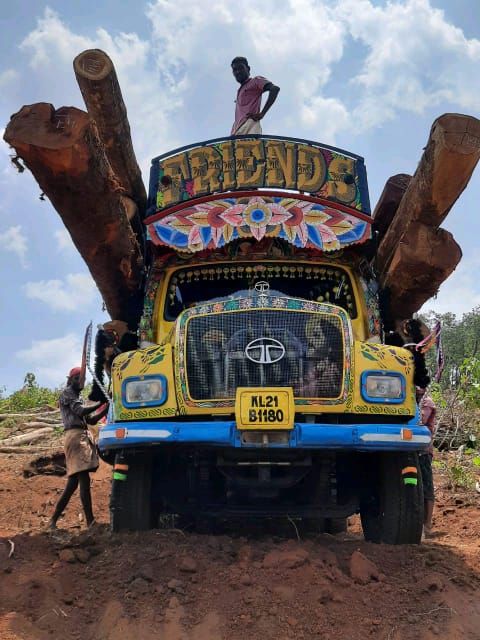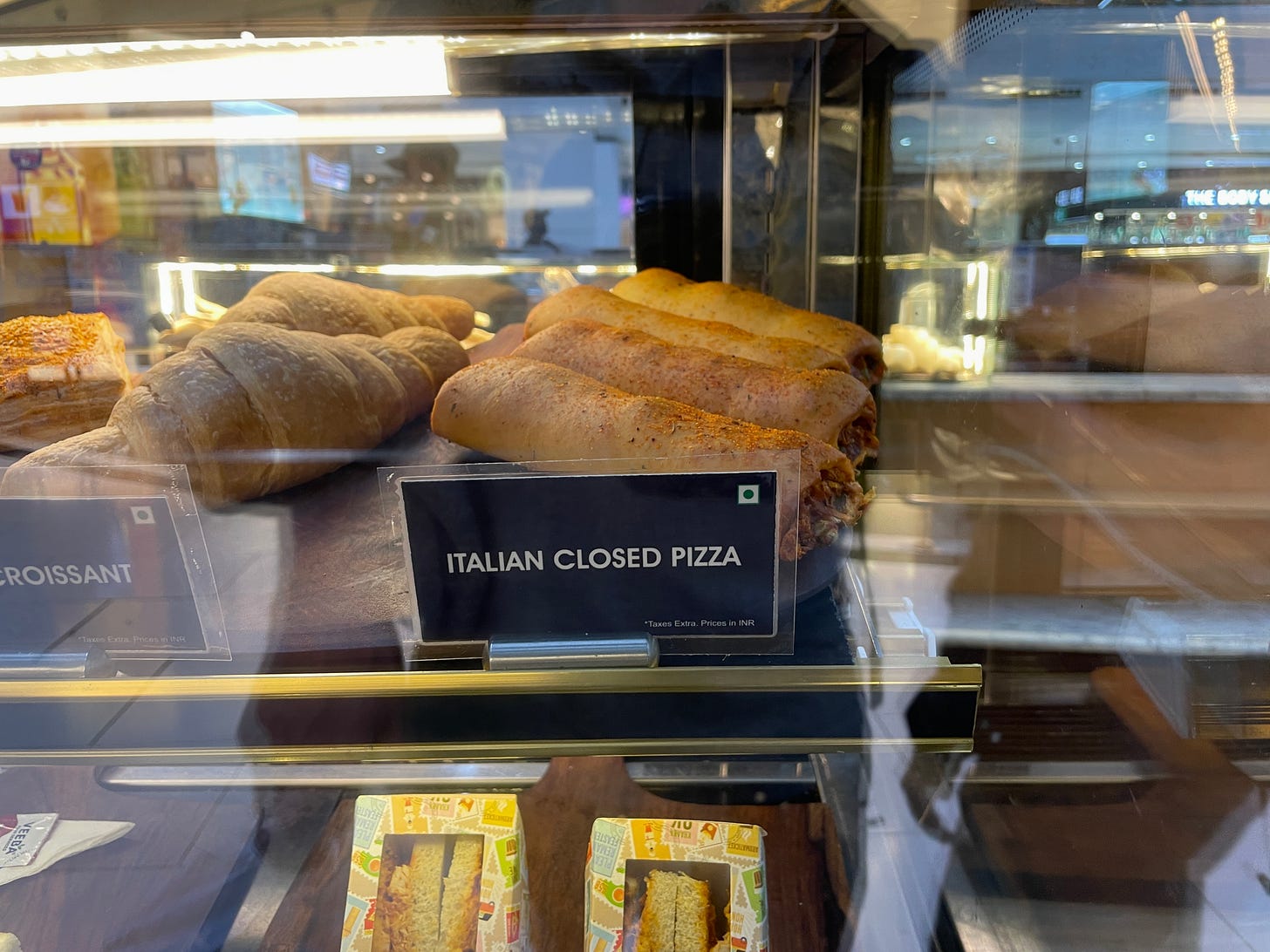Proposed Edits to the Shared Google Doc of American Culture Upon Returning from a Faraway Land
I came, I saw, I sprayed water at my butt
It’s summertime. Let’s do a fun post!
(ALL POSTS ARE FUN POSTS)
Being alive is famously difficult. Where should you go? What should you do? Why are you here? When is lunch?
Over time, humans have figured out answers to these questions, and they pass them down to each new generation. We call this culture. When you exit the birth canal, a whole society is there waiting for you. “About time you showed up,” they say. (You are, to be fair, late for the great group project of human civilization.) “Here’s everything we’ve learned so far.” And they proceed to tell you things like what clothes to wear, how you should refer to your grandmother, and when to expect lunch.
Some of these rules are good, some are stifling, and some are pretty awful. The culture that we inherit is not a final draft. It’s more like a Google Doc with 8 billion people all trying to edit it at once. But some of the sections in that document—our ability to get along most of the time, to come together and build skyscrapers and grow apple orchards and dance the macarena—are our species’ greatest achievements. Our job is to preserve the good bits and cut out the bad bits, hopefully leaving the Doc better than we found it.
But here’s a really sad thing: most of us are born, live, and die in the same culture, only ever learning one set of answers to the fundamental questions of life. Americans don’t get to redo their childhoods in Argentina; Nigerians don’t get to replace their families with Norwegians for a while and see what that’s like. The best we can do is visit, receive visitors, and compare notes. And then we should share what we learn with everybody else. We’re all getting the same grade on this assignment, after all.
So I’m here to make my report. Recently, I had the fortune of visiting Kerala, a state in southwestern India, with my fiancée and her family, who are from there. I think some of the stuff Keralans have written their part of the Google Doc is excellent, and Americans should update theirs accordingly. Here are my proposed edits.
One quick disclaimer: I realize I am not the first white dude to spend some time in India and get excited about stuff. I promise I’m not here to start a religion or a yoga studio or a White Album. I’m just a big sucker for a good idea.
QUIET OUR HONKS
I live in New York City, which is deafening. You’ll be sitting outside at a restaurant and an ambulance will rush past going WEEWOOWEEWOO and then thirty seconds later a police car will be like BLURRP BLURRRP and then someone will walk by with a Bluetooth speaker blasting LET’S HEAR IT FOR NEEWWWW YOORRRRK CONCRETE JUNGLE WHERE DREAMS ARE MADE OF. It sucks.
Kerala is dense, but it was way quieter, in large part because the cars made less noise. American car horns can be over 100 decibels; Kerala caps them under 90. In practice, the difference felt even bigger. Cars in America go MAAA MAAAA, but cars in Kerala go meep meep. And drivers used them to communicate more than just “I HATE YOU, GO AWAY”—for example, they'd give a little toot before taking a blind curve, or a couple taps when passing someone, just to say “I’m next to you!”
American drivers: let’s do this.
And while we’re on the subject:
BLING OUT OUR BIG VEHICLES
In the US, city busses and semi trucks all look pretty much the same. In Kerala, every bus looks like a party bus and every truck looks like a party truck. Here’s a picture from the Kerala Lorry Drivers Facebook group:
One article explains:
The trucks tend to be owned by individual families, and are lavished with decorations and attention because the truck makes possible the entire family’s livelihood. They’re very loved machines. In fact, the most common analogy I heard of the trucks was that “They’re like gigantic women. Like second wives.”
May I humbly suggest that we update our section on “second wives” to include “GIGANTIC” and “deserving of respect."
REASSERT OUR PERSONHOOD AT RESTAURANTS
I was initially confused when I heard my fiancée’s family saying things like “four by seven” and “three by five” to waiters at restaurants, as if they were ordering lengths of lumber. Instead, they were ordering exactly as much food as they wanted and splitting it among exactly the number of people who wanted it, i.e. “four orders of soup for seven people.”
Witnessing this was like realizing I had only ever heard slightly out-of-tune pianos, and finally I was hearing true middle C. Of course you should be able to do this. A restaurant is a place where you pay people to cook food for you; you should decide how that food is apportioned. So the next time you eat out, order things in exactly the amounts and portions that you want. If they balk, stand up and say “I am a person. I have dignity and autonomy. You do too. Go now, you are free.” Pull their name button off their apron and lead them to the door. Give them a gentle push into the rest of their lives. Years from now, they will thank you.
SPRAY WATER AT YOUR BUTT
People poop. I mean, I don’t, that’s gross. But other people do, and afterward they have to do something about it. In the US, standard operating procedure is you scrape your butt with thin, scratchy pieces of paper over and over until you convince yourself that you are clean. (You’re not). Some places in Europe claim to solve this problem with a device called a “bidet,” but these are, in fact, an elaborate ceramic prank meant to embarrass American tourists.

Enter the butt shower, a humble hose that hangs near the commode. Once you conclude your business, you blast your ass a couple times with a jet of water, pat yourself dry, and you are a clean again. It takes a little practice, but it is the most civilized way to complete your constitutional. Or so I hear.
HOLD HANDS WITH YOUR MANS
I occasionally spotted pairs of fellas with fingers laced, which I later learned was no indication of their sexual orientation. India is not LGBT-friendly—they had laws against gay sex on the books until 2018—so let’s not adopt that particular idea. But I do wish I could have grown up in a culture where it was fine for guys to touch each other. In high school, boys were only supposed to touch other boys to prove they aren’t gay. (The logic behind this was never explained to me.) Otherwise, touching was taboo and restricted to romance.
But using our sense of touch only for titillation is like using our sense of taste only for dessert. There’s a whole world of pleasant tactile experiences that don’t have to be erotic—hugs, arm-pats, back rubs—and I never developed a repertoire for any of them. In the US, if you’re not in a relationship with someone, your skin just might never touch someone else’s skin! What a lonely way to live! Dudes: let’s hold hands.
2.8 BILLION PEOPLE CAN’T BE WRONG ABOUT WHAT TO PUT IN YOUR PIEHOLE
You know how, in the US, what we call “Italian food” or “Thai food” is actually an American bastardization of the real thing, and if you actually go to Italy or Thailand, the food is surprisingly different? Well, every place does that. That’s not bad—more kinds of food is better. So let’s add another: the Indian version of Chinese food. I would like every US city to have a place that will serve me steaming bowls of gobi manchurian or Schezwan paneer. And I’ll have that three by five, please.
Speaking of food, I’d also like some:
ITALIAN CLOSED PIZZA
ACCEPT CHANGES, PLEASE
That’s what I saw and that’s what I got. If that sounds good to you too, please right-click and hit “accept” on these changes to the Google Doc. I look forward to hearing your proposed edits from your own travels, far and wide.
Now, when’s lunch?







Additions:
the pact in south Asia for crossing traffic filled streets. the pedestrian sets a course and speed and never deviates while the traffic flows around her, like a school of fish. it's a form of ballet or a courtly dance where all know the rules.
I'm not sure that it is even possible to extract particular features, beliefs or behaviours from one culture and embed them into another. As in nature's ecosystems, societies also develop as whole systems of interdependent parts, and taking an alien species away from its context and sticking it into a different ecosystem is rarely a good idea. It sounds like trying to create the "best novel" by taking the one best paragraph out of each of a hundred novels and pasting them together into a new book. Will this really bring about a better novel?
I'm myself a half-German, half-Greek, now living with my Chinese family in Hong Kong. I have the impression that the best features of each of these cultures are inextricably connected with their worst. The fierce individuality of Greeks, for example, has given them the strength to resist occupation and dictatorships and to fight for their freedom. But it also can, in less educated and younger men, lead to the macho behaviour often associated with the Mediterranean male. The Germans' Protestant work ethic brings about Mercedes cars and an ordered society, but also can make the experience of living in Germany stifling, dominated by abstract rules and unpleasant. I don't believe that you can have a culture that's somehow a collection of only the good bits.